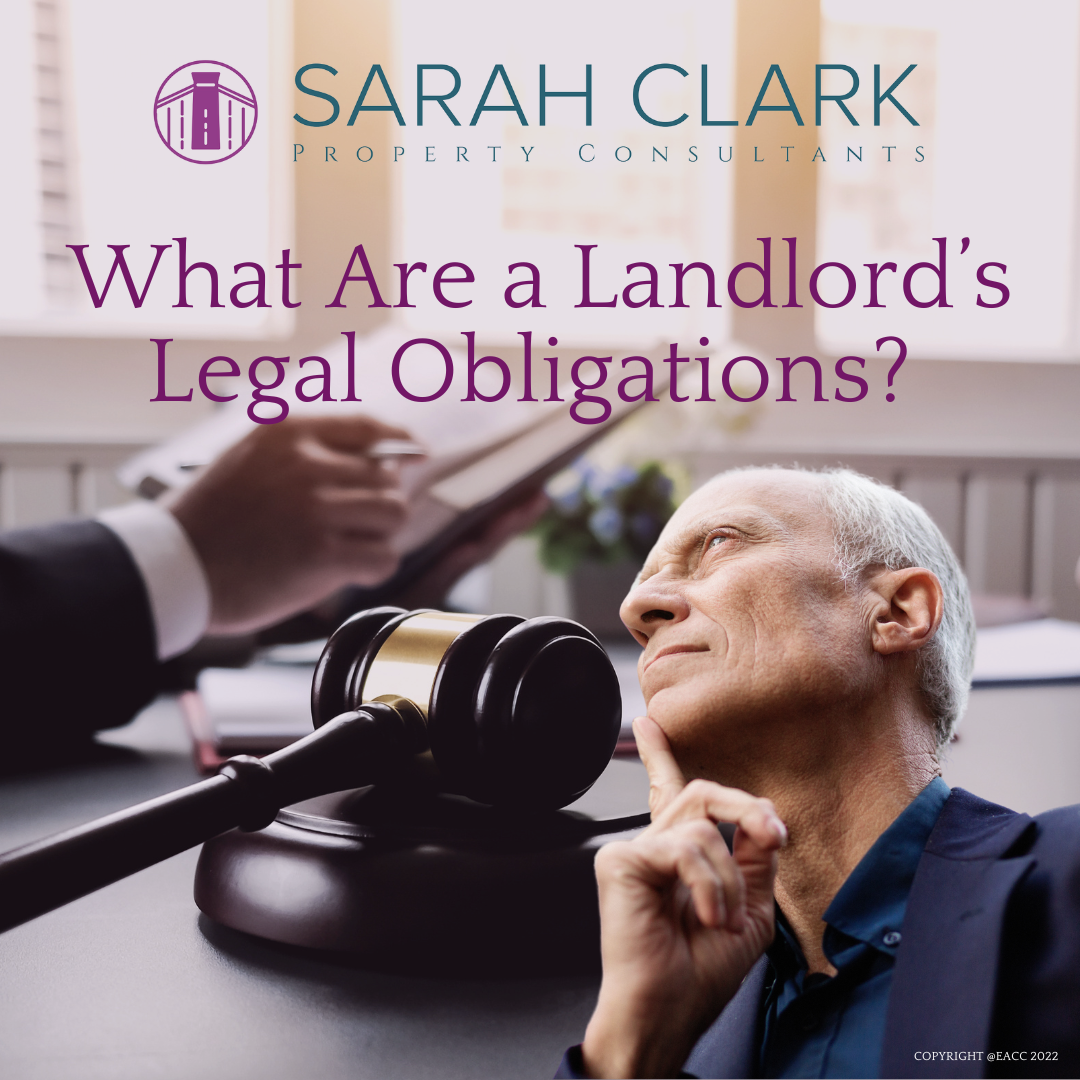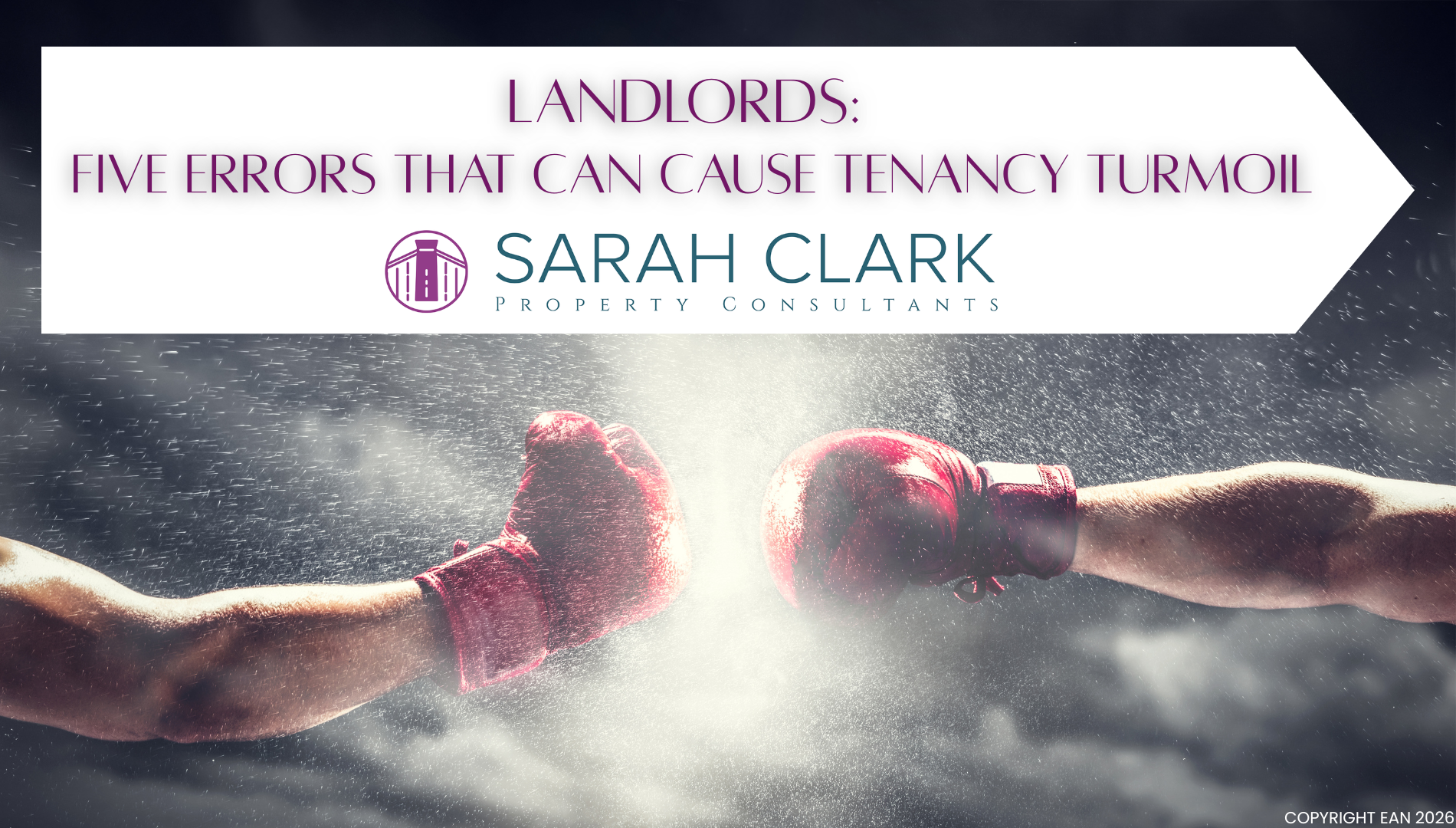Many people think that being a landlord is easy. Rent out a property, move some people in, sit back and rake in the cash… if only it was that simple.
Any experienced landlord knows that owning rental property is hard, and it can be a 24/7 job in the event of any issues. Preparing a property for rent is just the first hurdle; ensuring your tenants are safe and the property is maintained are ongoing requirements.
In this quick read, we bust some common myths about landlords and their obligations.
Landlords don’t care about safety
Wrong! It’s at the top of the list. Tenants deserve to live in homes that are safe, and a landlord has legal (and moral) duties to ensure this.
Gas safety is hugely important, and landlords throughout the UK must ensure that any gas appliances within the property are safe to use. Tenants should be provided with a Gas Safety Certificate as soon as a tenancy starts.
Fire and carbon monoxide safety is also a legal priority for all landlords, and rental properties must be fitted with smoke alarms and carbon monoxide detectors.
Landlords pocket deposits
Historically, deposits have always been a point of contention between tenants and landlords. But these days, there are strict laws regarding tenant deposits (and landlords can wind up seriously out of pocket if they flout them). Landlords must lodge all deposits with a government-approved deposit scheme. This ensures that a deposit will be returned if the terms of the tenancy are met, if no damage is caused (beyond fair wear and tear) and if all rent and bills are paid.
Landlords disappear once tenants move in
This is a big one, especially for tenants who experience problems after they have moved into a property. That’s why it’s always important to find a rental property through an experienced letting agent.
A good landlord will ensure the property is well maintained – after all, it is their source of income. Landlords should maintain any furniture or appliances that are in the property when a tenant moves in. An inventory should be carried out at the start and end of a tenancy to ensure that both parties have information about the general condition of the property and such items. The same applies to repairs if something stops working during a tenancy.
If you’re a tenant looking for a rental or a landlord looking for a new agent, please contact us.






Share this with
Email
Facebook
Messenger
Twitter
Pinterest
LinkedIn
Copy this link